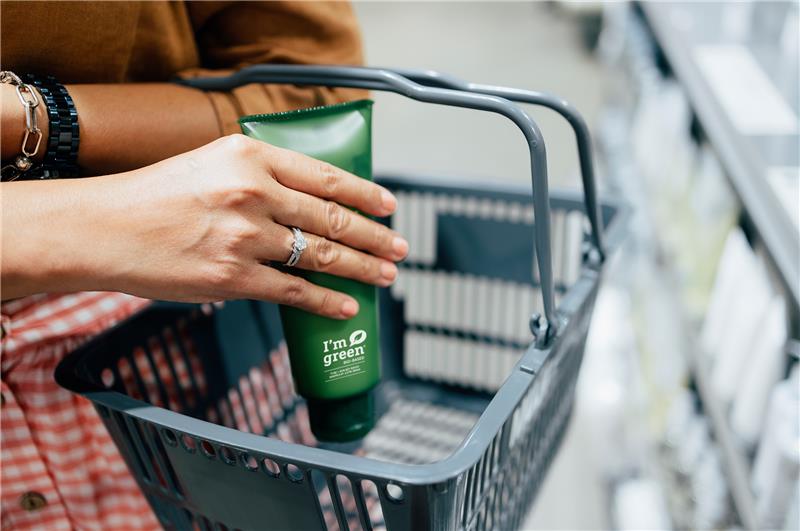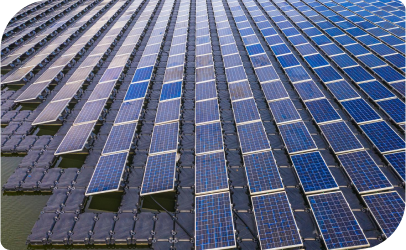Braskem's consolidated EBITDA grows 30% to R$3.6 billion in the third quarter of 2018
Net income grew 68% in the same comparison, to R$1.34 billion. Free cash flow in the quarter was R$1.5 billion.

The recovery of sales in Brazil in the aftermath of the truck drivers' strike, coupled with growth in the United States and Mexico, led Braskem to report EBITDA of R$3.6 billion (US$909 million) in the third quarter of 2018, representing an increase of 30% on the same period last year. Net income grew 68% in the same comparison, to R$1.34 billion. Free cash flow in the quarter was R$1.5 billion.
"Higher sales abroad and the recovery of the Brazilian economy after the truck drivers' strike offset the lower spreads of resins in Brazil, of polypropylene in Europe and of polyethylene in North America," said Braskem CEO Fernando Musa. "We continued to deliver strong results in general, despite the market volatility and certain operational challenges, which once again attests to the Company's resilience and is an excellent sign that we are on a secure growth path."
The normalization of production in the post-strike period in Brazil led crackers in the country to operate at an average capacity utilization rate of 95%, 5 p.p. higher than in the second quarter. Compared to third quarter of last year, the average capacity utilization rate increased 3 p.p., since that quarter was adversely affected by the scheduled shutdown of the cracker in Rio de Janeiro.
Resin demand in the Brazilian market (PE, PP and PVC) came to 1.4 million tons in the quarter, 9% higher than in the prior quarter, when demand was affected by logistics constraints arising from the truck drivers' strike and also influenced by seasonality. Compared to 3Q17, resin demand increased by 3%. In the year to date, demand for resins grew 3%, driven by stronger economic activity, especially in the packaging, agriculture and consumer goods industries.
Braskem resin sales amounted to 917 kton, increasing 12% from 2Q18 to outperform the overall market in the period. Compared to 3Q17, sales volume was stable. In 9M18, resin sales in Brazil grew 1% to 2,624 kton.
The capacity utilization rate in the United States and Europe stood at 87% in the quarter, increasing 3 p.p. from the second quarter, with sales of 477 kton of polypropylene (PP). In Mexico, the polyethylene plants operated at a capacity utilization rate of 78%, 6 p.p. higher than in the second quarter, when capacity utilization was adversely affected by the scheduled shutdown in May. Sales of polyethylene (PE) in the Mexican market amounted to 136 kton increasing 1% on the prior quarter. Exports from Mexico were stable, reflecting the strategy to prioritize the country's domestic market.
PP unit in the USA
By the end of the third quarter, Braskem already had invested US$341 million of the US$675 million planned for the construction of a new polypropylene (PP) plant in the United States. The plant, which is located in La Porte, Texas, will have annual production capacity of 450 kton and be the sixth PP plant in the United States. By the end of the quarter, the project had reached 32.8% completion, including 96.5% of engineering detailing, 86.5% of equipment and material acquisitions and 24.3% of construction. Startup is slated for 2020.
Circular economy
Braskem has defined a series of global initiatives to boost the Circular Economy in the production chain of manufactured plastic goods. Entitled "Braskem's Positioning for the Circular Economy," the document establishes initiatives for forging partnerships with clients to conceive new products that will extend and facilitate the recycling and reuse of plastic packaging, especially single-use packaging. It also establishes higher investments in new resins derived from renewable resources, such as Green Plastic made from sugar cane, and support for new technologies, business models and systems for collecting, picking, recycling and recovering materials.
The initiatives also include encouraging consumers to get involved in recycling programs through educational actions focusing on conscientious consumerism, the use of life cycle assessment tools and support for actions that improve solid waste management to prevent the disposal of debris in the oceans. In addition to these initiatives, Braskem also has undertaken a voluntary commitment to adopt best practices for further reducing the loss of pellets in its industrial processes by 2020, and has joined industry commitments to work towards having all plastic packaging reused, recycled or recovered by 2040.
Related News
News
More news
Braskem and Katoen Natie Partner on a Logistics Project in Singapore
![[JP] Braskem and Katoen Natie Partner on a Logistics Project in Singapore](/portal/europe/arquivos/listas/15762/capa.jpg?v=1)
[JP] Braskem and Katoen Natie Partner on a Logistics Project in Singapore

From Air to Plastics: Norsk e-Fuel and Braskem Partner to turn Captured Carbon into Long-Lasting Products

Accelerating the Transition to Renewables: Braskem's I'm greenTM bio-based Supports TE Connectivity's Sustainable Heat Shrink Tubing Innovation

With Braskem's I'm greenTM bio-based Polyethylene, Balsam Hill Made the World's First Plant-Based Plastic Christmas Trees


 Braskem Global
Braskem Global
 Braskem Idesa
Braskem Idesa
 Braskem USA
Braskem USA
 Braskem Europe
Braskem Europe








